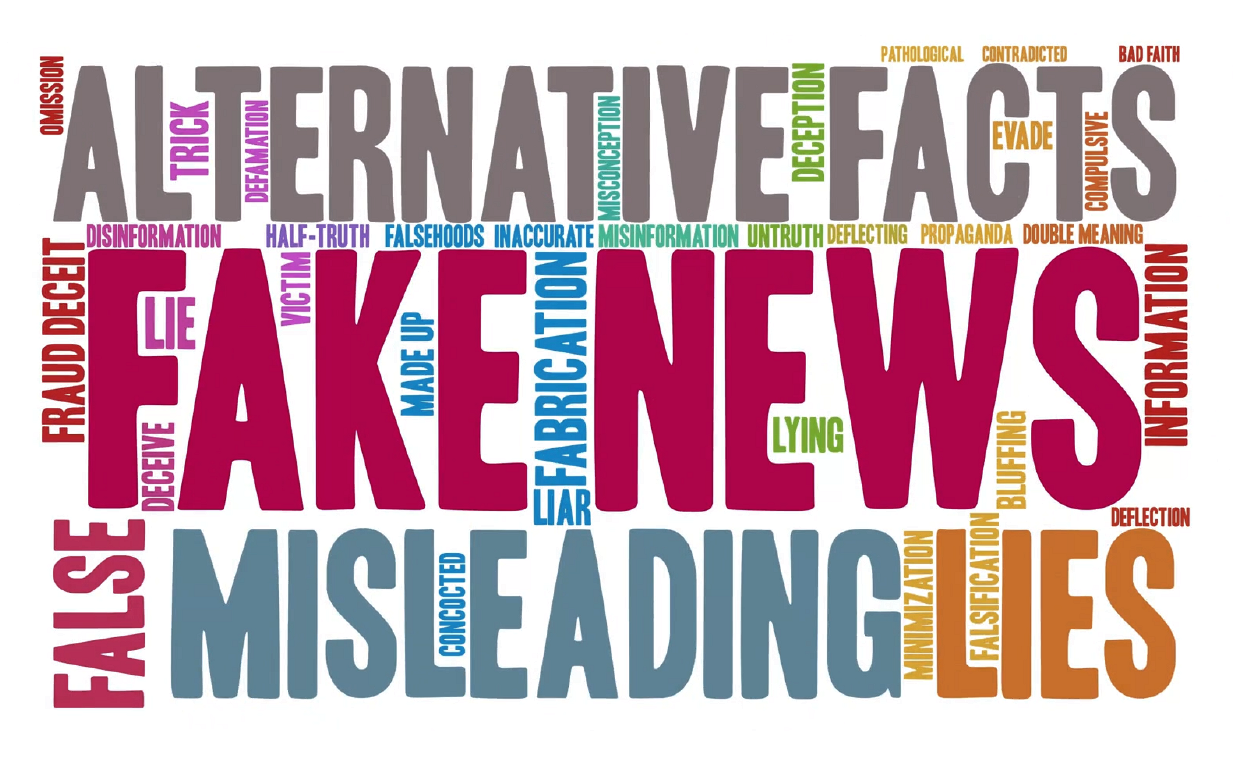 Sedona AZ (August 21, 2014) – Arizona Supreme Court Chief Justice Scott Bales announced the formation of the 18-member Commission on Access to Justice. The Commission will be chaired by Lawrence F. Winthrop, Division One of the Arizona Court of Appeals Judge and former president of the Arizona Foundation for Legal Services and Education.
Sedona AZ (August 21, 2014) – Arizona Supreme Court Chief Justice Scott Bales announced the formation of the 18-member Commission on Access to Justice. The Commission will be chaired by Lawrence F. Winthrop, Division One of the Arizona Court of Appeals Judge and former president of the Arizona Foundation for Legal Services and Education.
“Promoting Access to Justice” is the first of five goals outlined in Advancing Justice Together: Courts and Communities, the new five-year strategic agenda for Arizona’s judiciary. In the Pledge of Allegiance, the Chief Justice noted, we commit ourselves to the goal of justice for all. The new Commission will be charged with identifying specific strategies to better realize this goal, as the State’s population and technology change.
“This is not a study commission; it’s a commission that will actively develop innovative ideas that remove barriers to justice,” Chief Justice Bales said.
An Administrative Order issued on August 20, 2014, outlines initial priorities for the Commission:
· Assisting self-represented litigants and revising court rules and practices to facilitate access and the fair processing of family court and eviction cases.
· Encouraging lawyers and law firms to provide pro bono services or financial support for civil legal aid for those who cannot afford counsel.
· Informing lawyers and other citizens about the availability of a state income tax credit for contributions to agencies that serve the working poor, including legal services agencies in Arizona.
In many family and justice court cases, one or more of the parties does not have a lawyer. Self-representation presents a tremendous challenge not only to those litigants, but also to judges and other court personnel.
“Our courts and judges are doing the best they can under the circumstances, but the question is whether we can do a better job of helping people who choose to represent themselves in court, or for those who cannot afford the services of a lawyer,” said Judge Winthrop. “Our state has made great strides in this area over the last several years, but there remain some critical needs, such as helping people understand the process and navigate the court system. We also should do what we can to boost financial resources for legal service organizations who assist those most in need.”
Winthrop also hopes that the Commission can further engage the business community with its issues, “We want business and government leaders to understand that meaningful access to justice is a workplace and productivity issue. Most of the self-represented litigants in family court and housing cases are, in fact, part of some company’s work force. The whole enterprise suffers if your employee or co-worker is out of the office because they’re in family court or are dealing with housing issues,” he explained. “If we can help people effectively resolve their court matters and in less time, that’s a ‘win-win’ for both the employee and the employer.”
People with legal issues often don’t know where to go for legal help. Raising awareness of civil legal service options and encouraging greater community involvement will be a goal of the Commission. Taking advantage of advances in technology, retooling existing court-based legal self-help centers, and the idea of expanding such services into a public library or community college setting will be possible approaches considered by the Commission.

For the best Arizona news and views, read www.SedonaEye.com daily!


We’ll see.